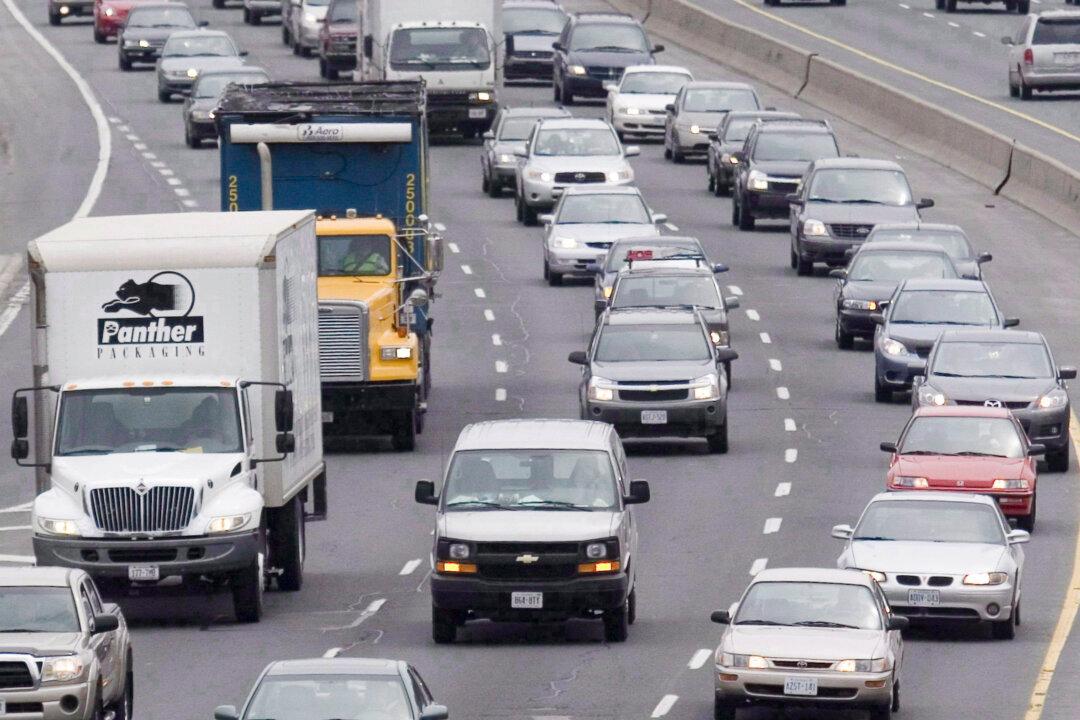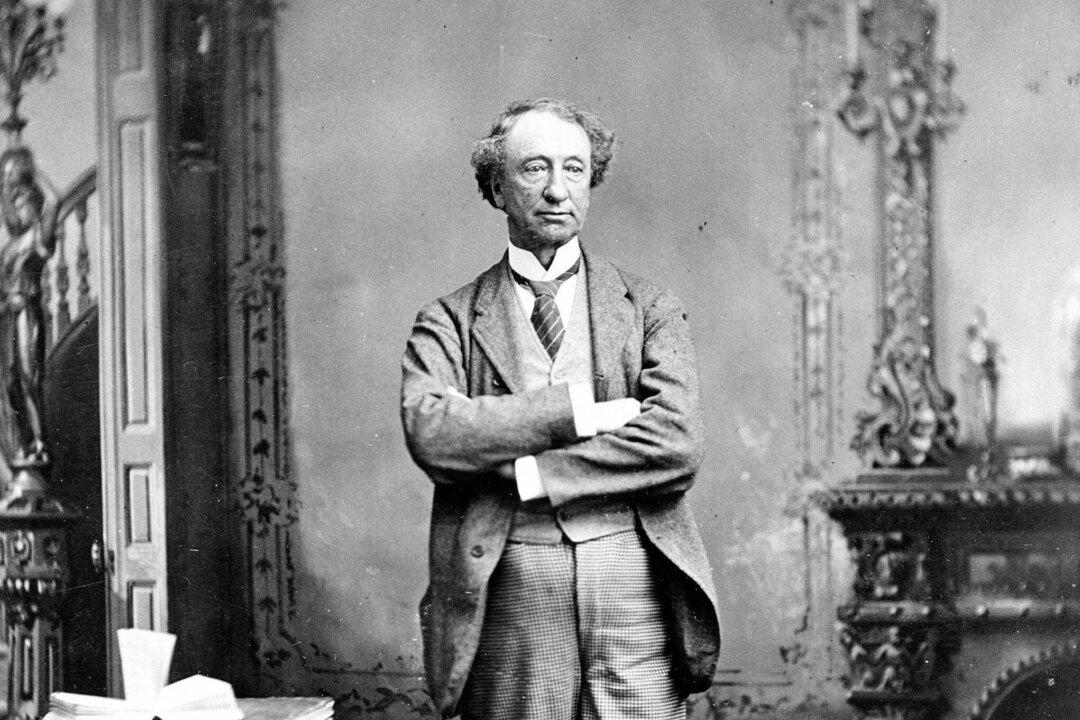Canada’s carbon emissions are on the rise, according to a new government report, despite the number of emissions reduction policies by the government, which is blaming the rise on increased economic activities following the COVID-19 lockdowns.
Only Alberta and Saskatchewan, which both oppose the carbon tax, reported lower emissions on an annual basis, said the National Inventory Report published by the Department of Environment.
Greenhouse gas emissions have risen steadily since the end of the pandemic, coming in at 708 million tonnes in 2022, the last year data was available, as first reported by Blacklocks Reporter. It was a 9.3 million tonne increase since 2021, according to the report.
Despite the rise in emissions, Environment Minister Steven Guilbeault said Canada is “making steady progress.”
“We knew emissions were going to bounce back,“ Mr. Guilbeault said. ”We need everyone to help drive down the emissions that are already fueling costly climate impacts.”
The report data show that emissions did drop significantly in 2020, but the cause was related to COVID-19 restrictions rather than climate policy, something Mr. Guilbeault previously admitted during a House of Commons committee hearing.
Figures from the report indicate that since the COVID-19 restrictions, transport emissions have “generally increased.” The transport sector, inducing air traffic and road vehicles, was the single largest source of greenhouse gas emissions in the country, coming in at 196 million tonnes a year.
“The general growth trend in road transportation emissions through the time series is largely due to an increase in driving: more cars and trucks using more fuel and, therefore, generating greater emissions,” the report states.
The results of the report seem to fly in the face of federal government statements that the carbon tax is contributing to the reduction of emissions in Canada.
The premiers of the provinces that did see an overall reduction in emissions both testified before House of Commons committees earlier this year. The leaders of Alberta and Saskatchewan, who were advocating for a pause to the April 1 carbon tax, both expressed their opposition to carbon pricing as a method to reduce emissions.
Saskatchewan Premier Scott Moe said the carbon tax was making life less affordable for families in his province, adding that there are alternatives, such as charging heavy emitters of carbon emissions and using the money to fund a technology program aimed at providing investment for companies to create new technologies to reduce or capture emissions.
Mr. Moe dropped the carbon tax on home heating earlier this year, saying it contributed to the province’s low inflation rate, which was well below the national 2.9 percent average.





